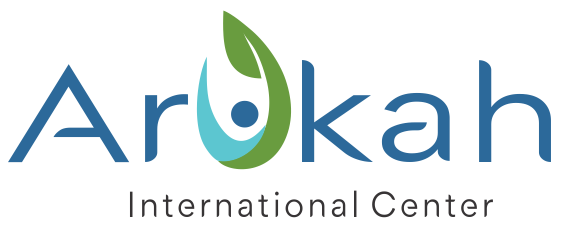Natural Brain Boosters
Just as athletes take supplements to enhance their physical performance, some people hope to sharpen their wits with so-called “brain boosters.”
Of course, no pill can make you a genius if you aren’t one, Flowers for Algernon style. So what exactly are brain boosters?
“It could mean several things. It could mean herbs or nutrients that enhance clarity of thinking, alertness, focus, concentration, memory, and even mood,” says Ray Sahelian, MD, author of Mind Boosters and a family practitioner in Marina Del Ray, Calif.
“Most commonly, people will notice that they are more focused and alert, that they are more motivated, that they are processing information faster,” he says.
That is, if they notice any effects.
“Some have tried and have gotten benefits. Others may not have noticed anything,” Sahelian says.
Brain boosters may appear to stimulate mental activity, but they are not stimulants in the strict sense, as things such as caffeine, ephedrine, or amphetamines are. In many cases, no one really knows how they act on the brain.
“Herbs will have several different compounds in them, as opposed to, let’s say, a drug like amphetamine, which is basically one compound, one molecule,” Sahelian says. “Herbs will have a set of several or several dozen compounds in them. It’s difficult to pinpoint which one of them is the most active or whether it’s the combination of many of them that are producing the result.”
In general, the idea that herbs or nutrients can boost brainpower isn’t proven, however.
There hasn’t been much research on whether an intelligent, healthy young person can function better intellectually under the influence of reputed brain boosters, and when the research has been done, results have varied.
Herbs for Thought
A lot of recent research has focused on ginkgo biloba, the leaf of the ginkgo tree, which is native to China and one of the oldest plants on the planet.
Ginkgo is particularly interesting to researchers because of its potential to treat Alzheimer’s disease and age-related mental decline. Several studies have shown that it does help these conditions, and it’s routinely prescribed in places like Germany and France.
It’s believed that ginkgo works by thinning the blood and thereby improving oxygen flow to the brain. The brain is a glutton for oxygen, so it’s possible that even a slight lack of circulation can affect its performance.
As a brain booster for people with normal mental abilities, it remains controversial.
For example, a study published in the journal Psychopharmacology in 2000 found that ginkgo improved attention. A 2001 study in the journal Human Psychopharmacology suggested that it improves memory. Nevertheless, in a review of studies on ginkgo in healthy people, researchers found no good evidence that it improved mental abilities, according to a 2002 report in Psychopharmacology Bulletin.
You should not take ginkgo biloba with any nonsteroidal anti-inflammatory drugs (NSAIDs) such as aspirin or ibuprofen because they also thin the blood. Combining the two may cause excessive bleeding. The same goes for blood thinners such as warfarin.
Huperzine-A, derived from the Chinese moss Huperzia Caretta, is another herb that has been studied as a potential Alzheimer’s therapy. It may also work as a brain booster in healthy people, but few studies have looked at that.
One study out of China showed that it improved memory and learning in a small group of students. “It has been used in China much more than it has in the U.S.,” Sahelian says.
Huperzine-A appears to block an enzyme in the brain that breaks down acetylcholine, a neurotransmitter. Acetylcholine carries information across synapses, the space between brain cells. “More acetylcholine stays in the brain, and that’s how it can be helpful in memory,” Sahelian says.
